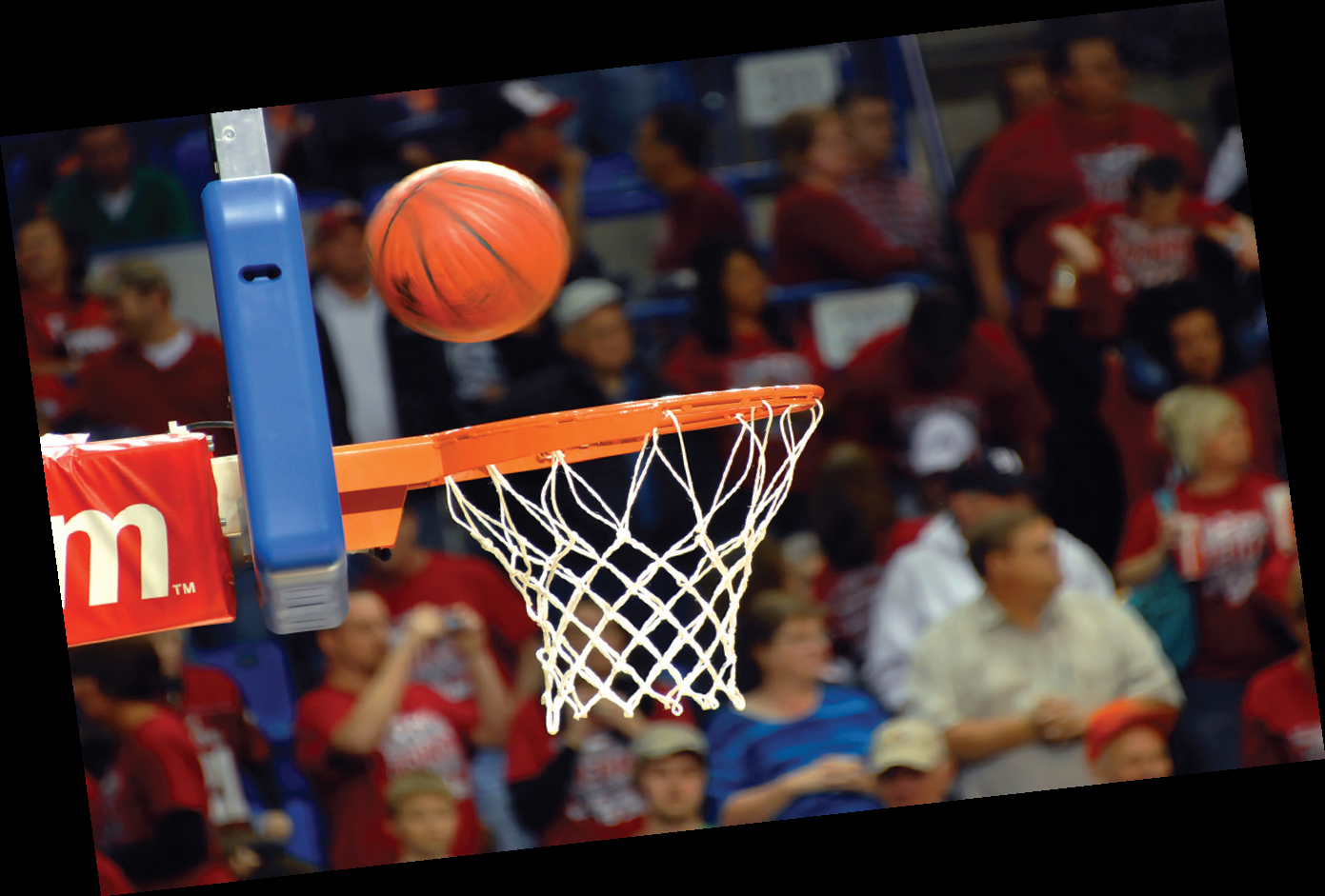Law Enables Students With Disabilities to Play Sports
The Department of Education has issued new guidelines explaining what school districts need to do to enable students with physical disabilities or learning differences to participate in sports. Watching Kyle Fox dribble the basketball down the court, no one would know he’s 95 percent deaf in both ears. His teammates, who have made a system of hand motions to communicate different moves to him, would be the give-away. Fox, a junior at Burns High School in Laramie, USA, wears an ear implant tucked into his sweatband, but he relies on an interpreter’s signs to understand his coach’s directions.
His school district helps Fox play by allowing him to have a sign-language interpreter, and his coach values him as a crucial member of the team. The interpreter translates what the coach says into sign language. But his story isn’t unusual – or at least it’s not supposed to be. In fact, for forty years, all public school districts have been required to give such assistance to students with disabilities, but not all districts are aware of this nor do they enforce it.
“Participation in extracurricular athletics can be a critical part of a student’s overall educational experience,” said Seth Galanter. “Schools must make sure there is equal access to sports for students with disabilities.”
A report recommended that all districts knew of the importance to provide equal access and suggested several “reasonable changes” schools could make to sports. For example, allowing starter pistols to be paired with visual signs. In cases where such an accommodation is not possible, would significantly change the sport, or confer an advantage, schools need to provide a separate activity fully available to those students.
Not everyone is happy to have the government making these legal obligations, however. Some politicians see the recent letter as too controlling and believe the policy should be decided by individual school districts.
Currently, only 12 states have started athletic programs for students with disabilities, according to Kirk Bauer, executive director of Disabled Sports USA, a non-profit organisation that sponsors athletic activities for people with disabilities.

